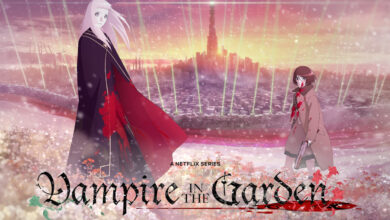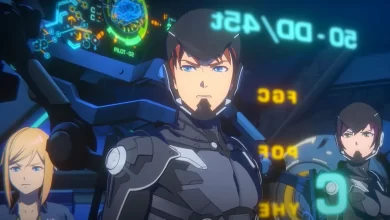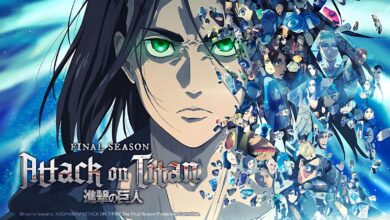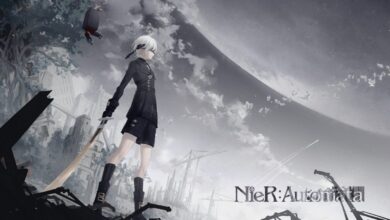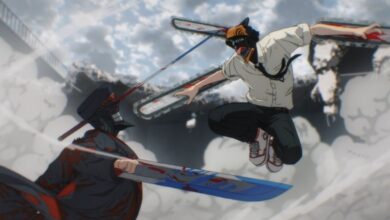Attack On Titan Season 4 Part 3 Review: The Titanic Special Before The End
Stars: Yûki Kaji, Marina Inoue, Yû Shimamura
Director: Yûichirô Hayashi
Streaming Platform: Crunchyroll
Filmyhype.com Ratings: 4.5/5 (for and a half stars)
Talking about Attack On Titan, there was a long discussion about the goodness of the operation carried out by Studio MAPPA, about the reasons for the repeated postponement of the end, about the meaning, and about the effects of a narration that is as deferred as it is expected. Suppose about the first point, one can without hesitation promote the quality of the production of the studio that has inherited the arduous and delicate task (almost a burden considering the excellent work previously done by Studio Wit and the importance of a work that is marking an era) to animate Attack On Titan. In that case, others can be reasoned and debated. And it’s time to do it again after the publication on Crunchyroll of the new special that takes us to the story’s epilogue: Attack On Titan Final Chapters Part 1.
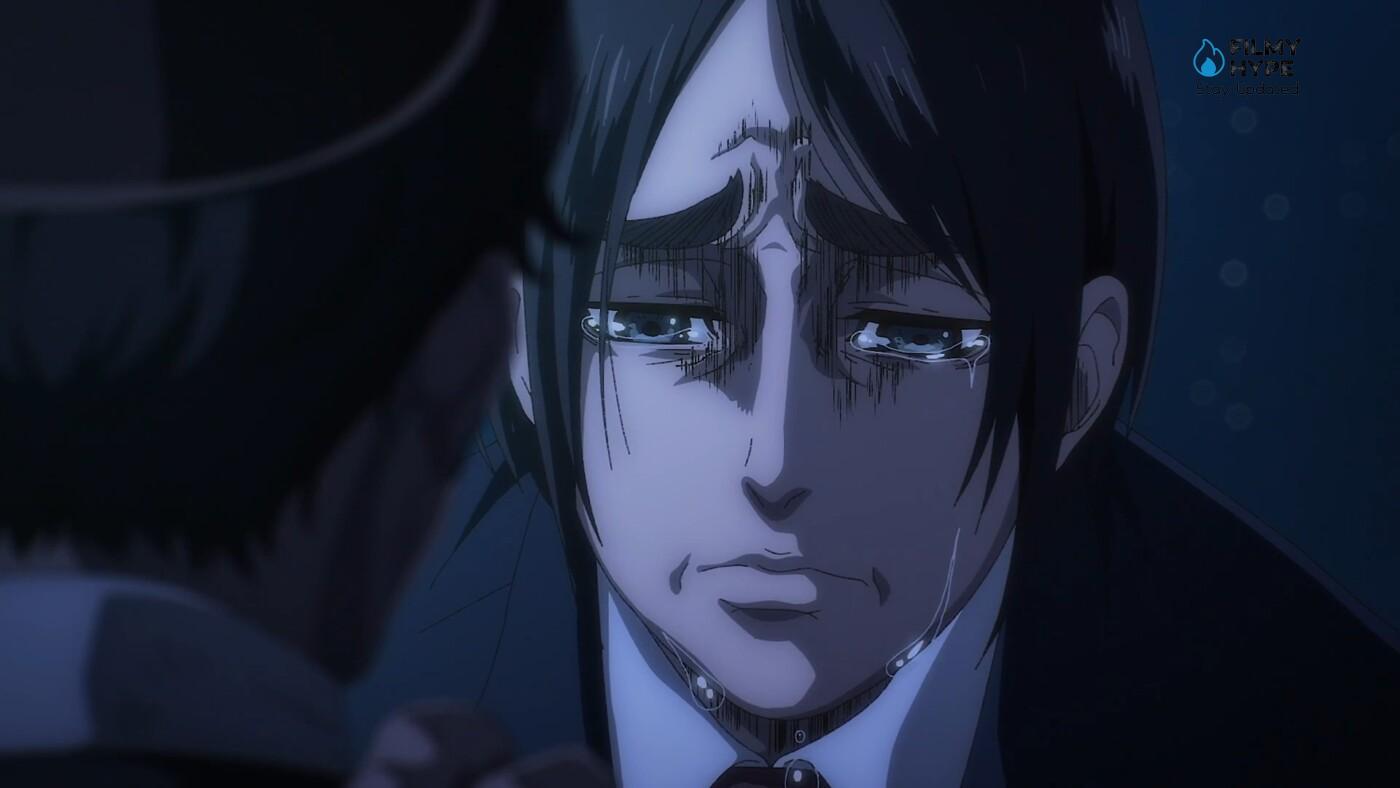
Attack On Titan Final Chapters 1: The Story Plot
Although the decision to divide the last season of the anime into parts and “subparts” is linked to the production needs of a studio increasingly submerged in series to be created (Jujutsu Kaisen, Chainsaw Man, Vinland Saga, Hell’s Paradise the most recent), there is no doubt that in terms of reception, the effects can be both positive and negative. Although the decision to divide the last season of the anime into parts and “subparts” is linked to the production needs of a studio increasingly submerged in series to be created (Jujutsu Kaisen, Chainsaw Man, Vinland Saga, Hell’s Paradise the most recent), there is no doubt that in terms of reception, the effects can be both positive and negative.
An Aot in small doses sipped so much as to become a tasting, one of those craved because the dish is delicious, and has a different, recognizable flavor. And then an hour-long episode almost takes on the appearance of a complete meal and can be enjoyed without interruptions, without forced pauses that would compromise the rhythm review of Attack On Titan 4×28) has, in fact, an impeccable rhythm, balanced at best by balancing action and dialogue parts, alternating excited phases with others of greater calm (but never completely relaxed given the urgency of the mission of the group intent on stopping Eren’s advance).
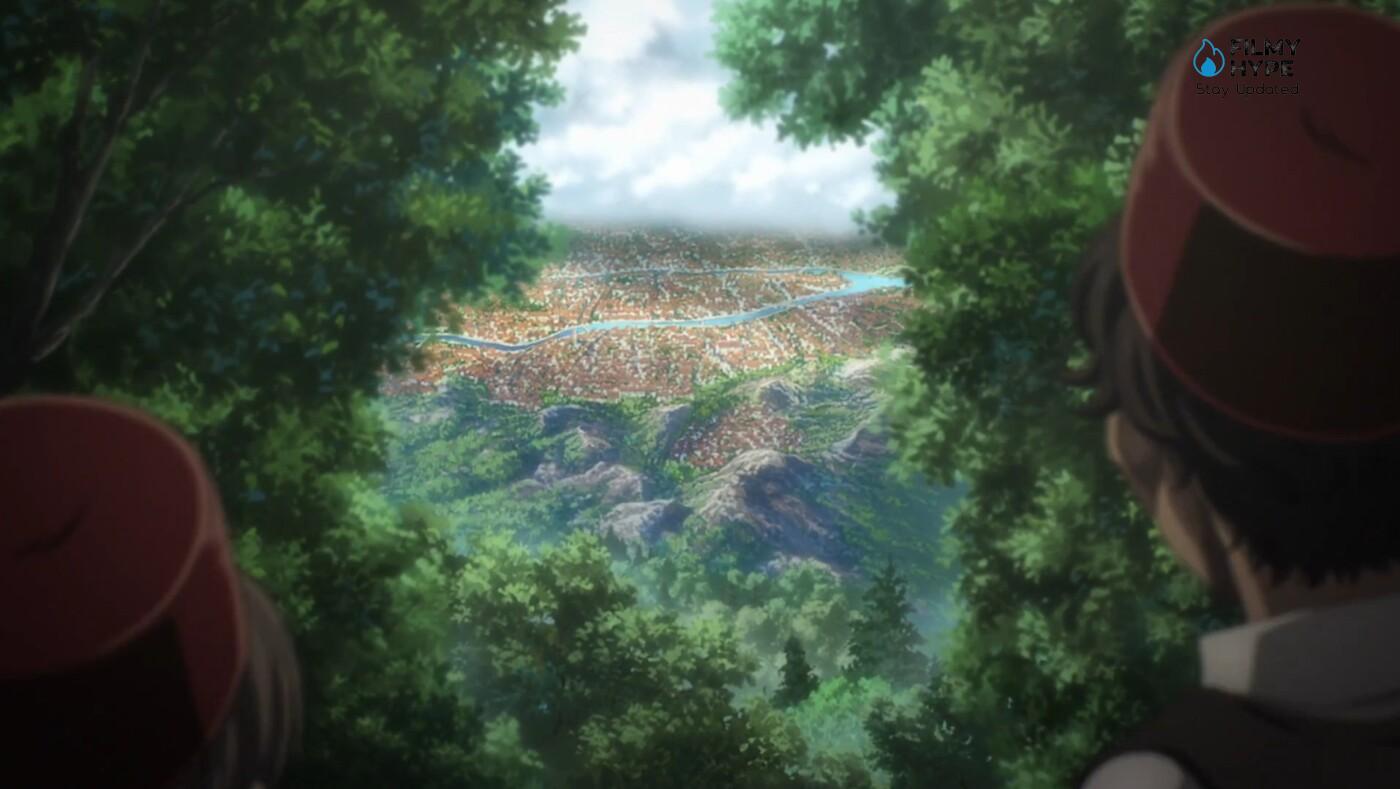
The episode opens with the ominous progress of the Roar of the Earth, Isayama can make the offensive tragic by providing the victims with a face and a name, Halil and Ramzi: we know their desires, their hopes for the future; they are innocent, but they will be crushed. Armin, Mikasa, and the other members of the makeshift group are ready to act by anticipating Eren’s moves. The desperate attempt of the revived Floch (whose death ends up being treated perhaps too hastily but in line with the irremediable ferocity of the battle, with the ineluctability of violence) to slow them down forces Hange to buy time by throwing himself into the fray and facing the giants led by the Founder.
His heroic sacrifice is the highest and most evocative point of the episode, both because it exudes epicity and in terms of technical quality (the best animations undoubtedly belong to the sequence in question) which allows the rest of the group to reach Salta, where the components launch into a decisive attack against the common enemy: they are the last bastion of which humanity is available. A balanced, symmetrical cadence, punctuated by the cruel opening sequence, the moving central sacrifice, by the heart-pounding finale, all climatic peaks interspersed with even more significant moments in reinforcing the poetics of Attack On Titan and continuing to define the evolution of Eren, now far from a decisive come-back.
Attack On Titan Final Chapters 1 and Analysis
The calamity of biblical proportions that devastates, massacres, and leaves scorched earth behind it is the ultimate expression of a work that does not sweeten violence, does not censor war and its consequences, but highlights them, highlighting a world in which hope seems to remain such, punctually disillusioned and torn to shreds, in which love, wedged between widespread hatred and conflict, only seems to resurface until the awareness of not being able to cultivate it, of not being able to feed it in a reality in which only its ephemeral contemplation is granted, and the only way to complete it is sacrifice. Eren is the proponent of the need for extermination, he is the architect of brutality.
We are perhaps for the first time misaligned with the protagonist, still able to pity him but no longer willing to understand his immoral acts. We cheer for Armin and the other members of the “resistance”, we break away from the Founding Giant. Eren’s evolution reaches its climax: we see him in the throes of his inner conflict, of the suffering of those who know what is to come; we find him now deified, raised to a higher level of awareness which is, however, shaped on anger, on disappointment. Eren is a childish and deluded god, he carries dreams as a child, and he kills in the name of them. He is a wicked and vengeful, lethal supreme judge with whom it is no longer possible to communicate. No leniency, no pity, just the granting of free will to his opponents and an opening to force him down from the pantheon in which he has taken refuge.
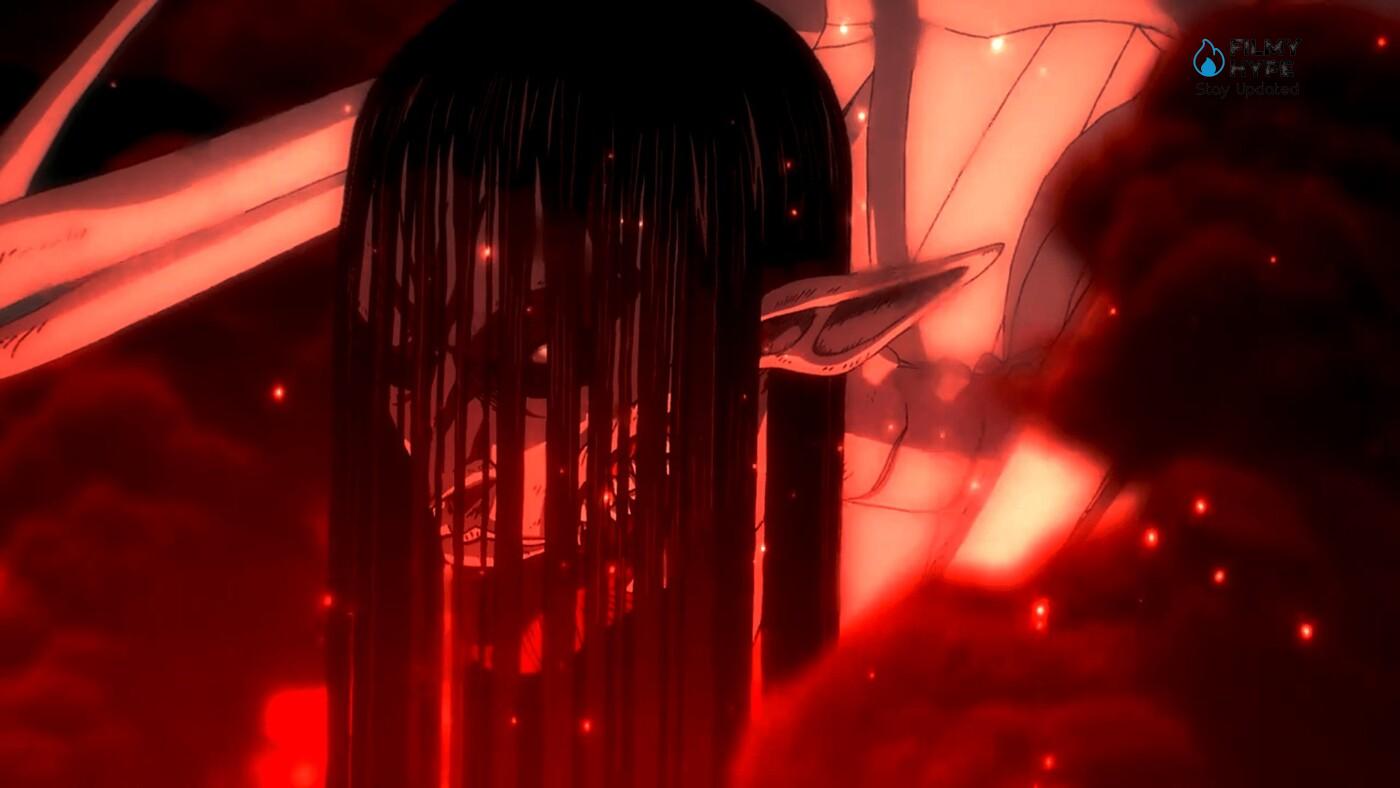
In short, Eren is a protagonist with an exceptional evolution. And the natural separation of the spectator from the hero who has become a scourge becomes sustainable thanks to a narration that has always focused strongly on chirality, which has never focused exclusively on the construction of its protagonist despite gradually and decisively making him the fulcrum of every event, the unequivocal center of a strongly centrifugal narration. The episode delves into his psychological dynamics and manifests the distorted vision of the freedom he yearned for, now based on oppression, on the deprivation of the same to the enemy, to the neighbor.
Attack On Titan continues to demonstrate its originality in the mature and problematic representation of the themes it proposes, in the extremely stratified and coherent characterization of the characters (Annie’s choice to withdraw is confirmation of this, and Hange’s joy in his final act is the proof). War, carnage, discrimination, hatred, all kinds of barbarism without the utopian filter of the simplistic resolution, with a protagonist who is now a belligerent and Minoxic deity who ruthlessly applies his law of retaliation.
Attack On Titan Final Chapters 1: The Last Words
The first cour of the last part of Attack On Titan brings us inexorably toward the showdown, giving us an episode with an impeccable pace, symmetrically implanted on three central moments that convey impotence, epicity, and tension. The choice (or the need) to divide the last portion of the story into two parts can make one turn up one’s nose, but distributing an hour-long episode proves to be a wise decision, and pays off in the optimal management of time, avoiding abrupt interruptions or pauses that would dampen the tension.



